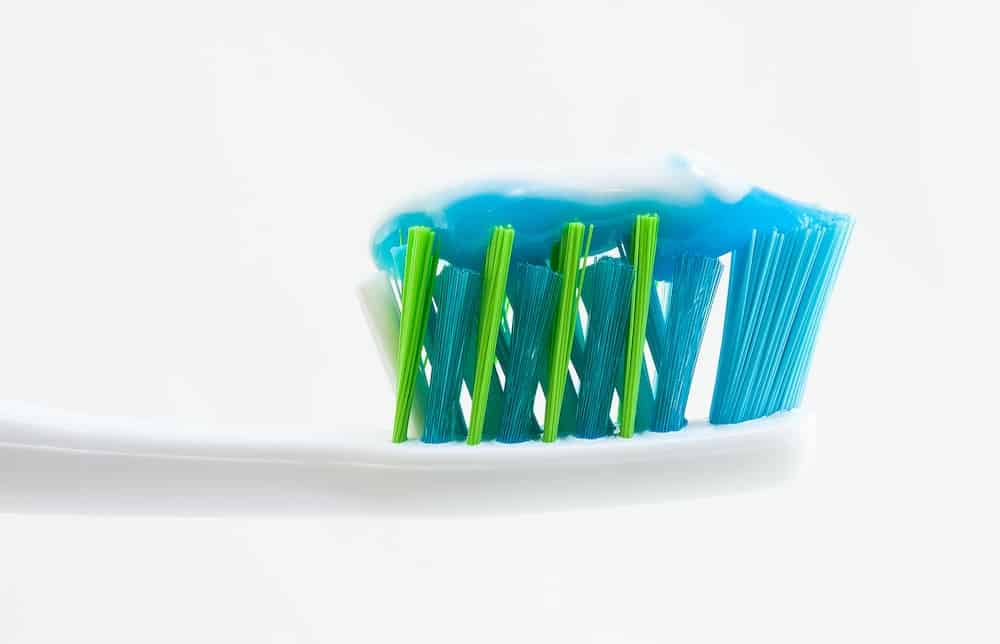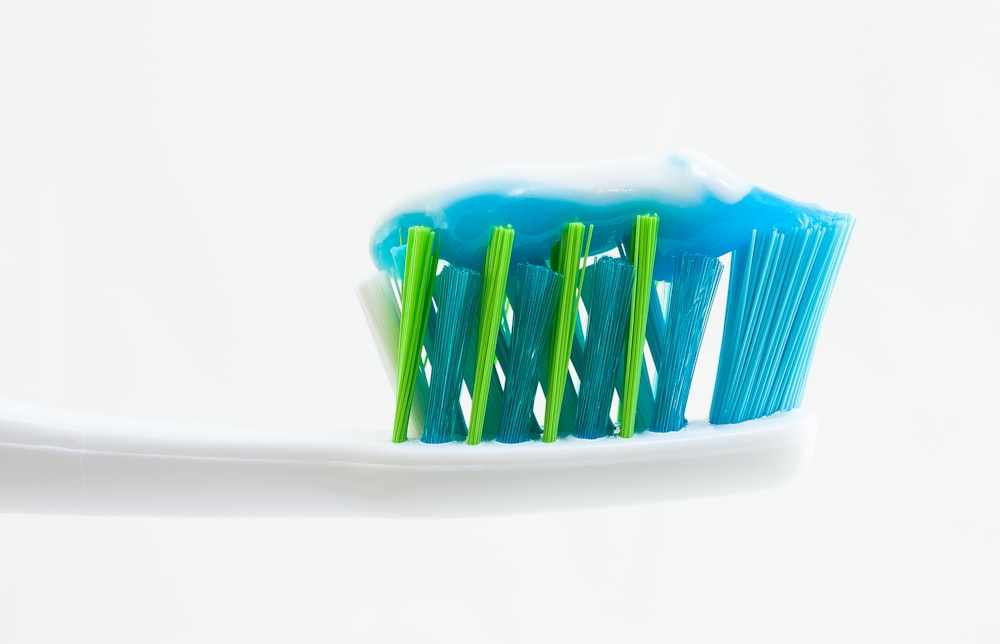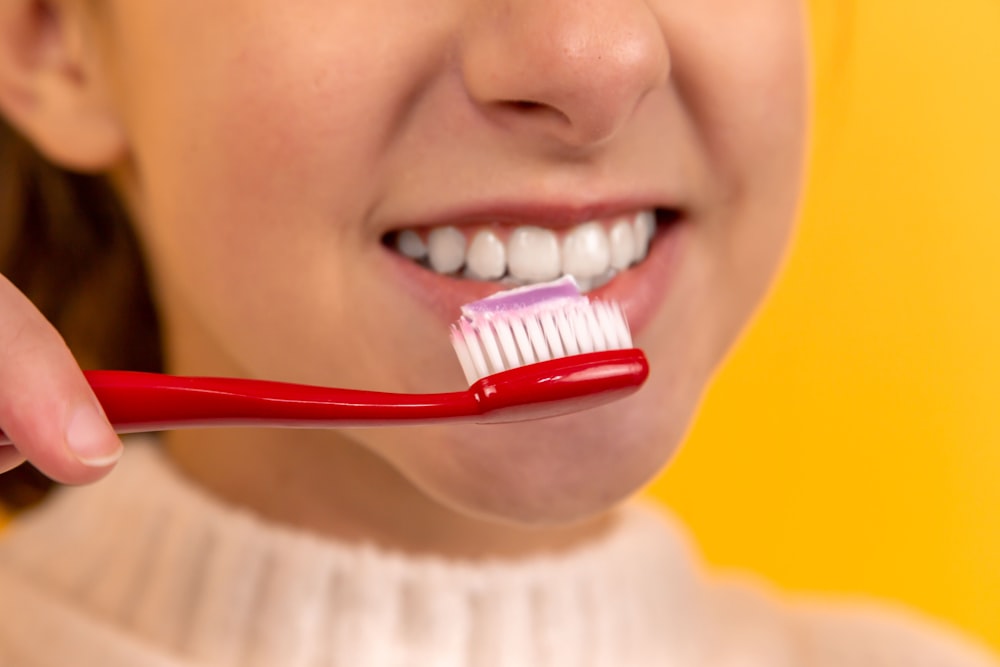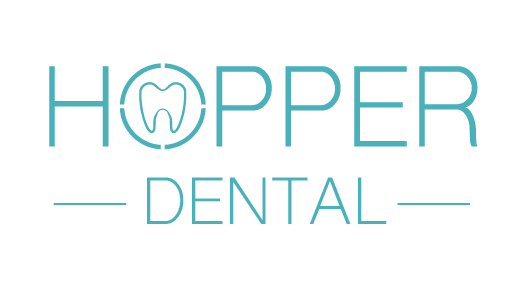
26 Jun Is Non Fluoride Toothpaste Effective?
Non-Fluoride Is An Option

When you walk into the dental area of the store, you may be overwhelmed with your options when it comes to toothpaste. There are a lot of concerns about fluoride, and maybe you aren’t aware of the choices you have when it comes to fluoride and non-fluoride. Non-fluoride toothpaste has gained popularity in recent years due to concerns regarding the potential health risks associated with fluoride. Many individuals are seeking alternative options to traditional fluoride toothpaste, and non-fluoride toothpaste has emerged as a viable choice. But what are the effects of non-fluoride toothpaste? Let’s explore the topic in detail.
Understanding Non-Fluoride Toothpaste
Non-fluoride toothpaste is a dental product that does not contain fluoride as an active ingredient. Instead, it utilizes alternative ingredients that aim to clean and protect teeth without the use of fluoride. These kinds of toothpaste often incorporate natural ingredients like baking soda, hydrogen peroxide, or herbal extracts to provide oral hygiene benefits.
Benefits of Non-Fluoride Toothpaste
- Reduced Risk of Fluorosis: Fluorosis is a condition that occurs due to excessive fluoride intake during tooth development, leading to discoloration and mottling of teeth. Using non-fluoride toothpaste can minimize the risk of fluorosis, particularly in children whose teeth are still developing.
- Alternative for Allergies: Some individuals may have allergies or sensitivities to fluoride. Non-fluoride toothpaste offers an alternative for those who experience adverse reactions to fluoride-based dental products.
- Natural Ingredient Options: Non-fluoride toothpaste often incorporates natural ingredients known for their oral health benefits. Baking soda, for example, can help remove stains and neutralize acids in the mouth, promoting a healthier oral environment.
- Environmentally Friendly: Many non-fluoride toothpaste brands prioritize sustainability by using eco-friendly packaging and avoiding harmful chemicals. If you are conscious of your environmental impact, non-fluoride toothpaste may align with your values.
Potential Drawbacks of Non-Fluoride Toothpaste
While non-fluoride toothpaste has its advantages, it’s also important to be aware of potential drawbacks. Here are some factors to consider:
- Limited Anti-Cavity Protection: Fluoride is a proven cavity-fighting ingredient that strengthens tooth enamel and prevents decay. Non-fluoride toothpaste may not offer the same level of protection against cavities, making it essential to maintain good oral hygiene practices, such as regular brushing and flossing.
- Varied Effectiveness: The effectiveness of non-fluoride toothpaste can vary depending on the brand and formulation. Choosing a reputable brand with a proven track record for delivering oral health benefits is crucial.
- Individual Needs: Dental care is highly individualized, and what works for one person may not work for another. It’s advisable to consult with your dentist or oral healthcare professional before making any significant changes to your oral hygiene routine.

Frequently Asked Questions (FAQs)
- Is non-fluoride toothpaste safe to use?
- Yes, non-fluoride toothpaste is generally safe to use. However, it’s important to choose a reputable brand and consult with your dentist if you have any concerns.
- Can non-fluoride toothpaste prevent cavities?
- While non-fluoride toothpaste may offer some level of cavity prevention, it may not be as effective as fluoride toothpaste. Maintaining good oral hygiene practices and regular dental check-ups are crucial for cavity prevention.
- Are there any side effects of using non-fluoride toothpaste?
- Side effects are rare but can vary depending on individual sensitivity. Some individuals may experience tooth sensitivity or allergic reactions to certain ingredients. It’s advisable to discontinue use if any adverse reactions occur and consult with a healthcare professional.
- Can children use non-fluoride toothpaste?
- Non-fluoride toothpaste can be a suitable option for children, particularly if they are prone to fluorosis or have allergies to fluoride. However, consulting with a pediatric dentist for personalized recommendations is recommended.
- Can non-fluoride toothpaste whiten teeth?
- Non-fluoride toothpaste may have some whitening effects due to ingredients like baking soda, which can help remove surface stains. However, specialized whitening products may be more effective for more significant whitening results.
- Is non-fluoride toothpaste a replacement for regular dental visits?
- No, non-fluoride toothpaste should not replace regular dental visits. Routine dental check-ups, professional cleanings, and preventive treatments are essential for maintaining optimal oral health.
Do What’s Best For Your Teeth!
Non-fluoride toothpaste offers an alternative to traditional fluoride-based toothpaste, catering to individuals with specific needs and concerns. While it can provide benefits such as reduced risk of fluorosis and natural ingredient options, it’s important to consider the potential drawbacks, including limited anti-cavity protection. Ultimately, choosing between fluoride and non-fluoride toothpaste depends on your circumstances and preferences. Remember to consult with your dentist or oral healthcare professional for personalized advice. Take charge of your oral health and make informed decisions to achieve a confident smile!



Sorry, the comment form is closed at this time.